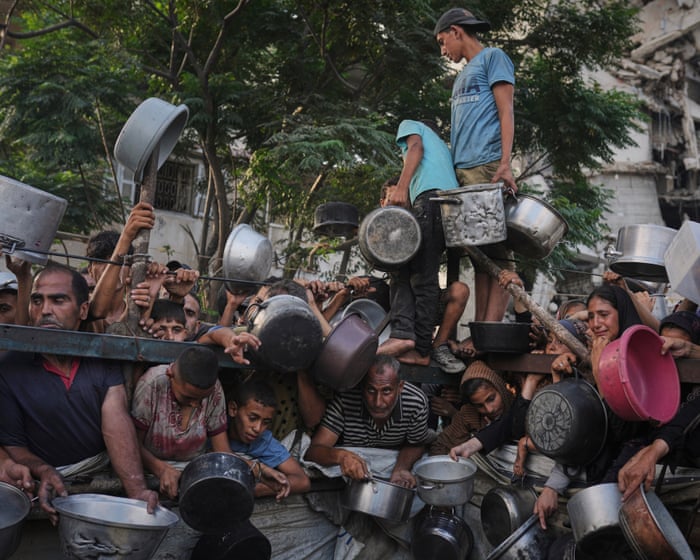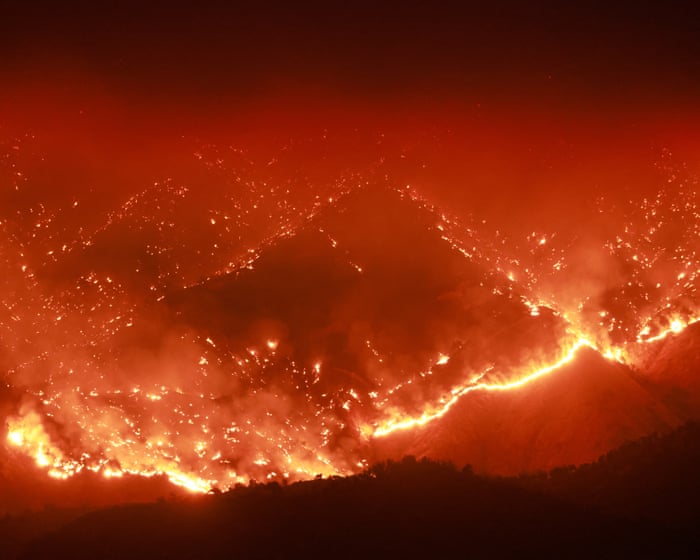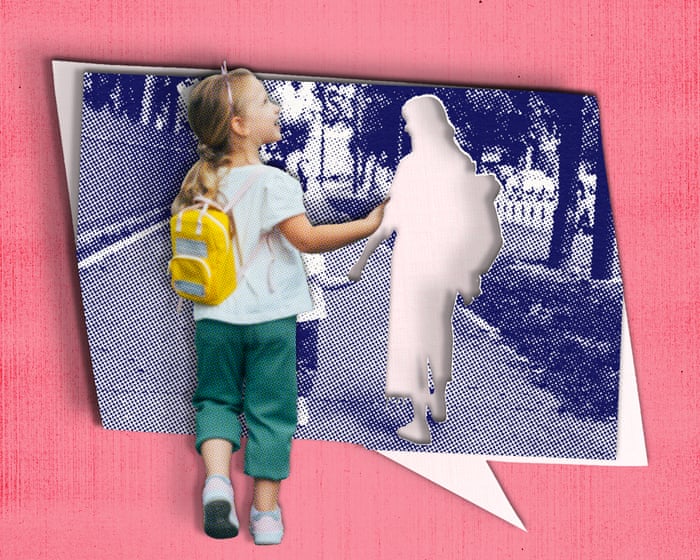The Integrated Food Security Phase Classification (IPC) declared widespread famine in Gaza on Friday—a finding that should mark a turning point in the war. The IPC, known for its meticulous analysis of data, is considered the international gold standard for assessing food crises.
Though often criticized in other emergencies for being overly cautious, the IPC’s declaration of Level 5—”catastrophic” hunger—in Gaza is a significant moment. According to the IPC’s strict criteria, famine requires three conditions: extreme food shortages, acute malnutrition, and starvation-related deaths. All three are now evident in Gaza.
A quarter of Gaza’s population—more than 500,000 people—are starving, and that number is expected to exceed 640,000 within six weeks.
The IPC’s thoroughness is clear in its approach: despite strong suspicions of famine in northern Gaza, it has not officially declared one there due to a lack of reliable data.
Israel has predictably rejected the findings, accusing the IPC of being manipulated by Hamas and claiming it provides enough food to Gaza. But this claim is contradicted not only by the IPC’s assessment, but by mounting evidence from the ground.
Aid organizations—including Médecins Sans Frontières—have documented rising levels of acute malnutrition. Palestinian doctors, journalists, and ordinary people have shared accounts of going days without food, severe weight loss, and exhaustion. The most vulnerable—children, the elderly, and those with pre-existing conditions—have begun dying in ways consistent with famine.
Israel’s response has been anything but humanitarian. Officials and supporters have tried to downplay the deaths, suggesting those who died had other causes. While blocking foreign media from independent reporting in Gaza, Israel has brought in sympathetic social media influencers to amplify its denials—blaming Hamas or the UN, whose main aid agency for Palestinians, UNRWA, Israel has barred from operating.
As aid agencies noted in a joint letter this month, new Israeli registration rules have hampered their work, accusing Israel of “weaponizing” aid. Permissions for aid convoys are often delayed, inconsistent, or insufficient. Instead, Israel has pointed to its reliance on the private Gaza Humanitarian Foundation, where Israeli gunfire has killed hundreds seeking aid.
Most damning is that this famine, as described by the IPC and UN agencies, was entirely preventable. Despite months of warnings about Gaza’s food crisis, Israel could have acted at any time to allow sufficient aid and ensure its safe distribution. As the occupying force in 75% of Gaza, it has been legally obligated under international law to do so.
In a joint statement on Friday, the Food and Agriculture Organization, UNICEF, the World Food Programme, and the World Health Organization emphasized the “extreme urgency for an immediate and full-scale humanitarian response,” citing rising hunger-related deaths, worsening malnutrition, and plummeting food consumption.
UN Secretary-General António Guterres has been clear: the famine in Gaza is a “man-made disaster, a moral indictment, and a failure of humanity itself.” He called for an immediate ceasefire, the release of all hostages held by Hamas, and unrestricted humanitarian access.
“People are starving. Children are…”People are dying, and those responsible for taking action are failing. We cannot allow this situation to continue without consequences.
Instead of agreeing to a ceasefire and enabling a proper emergency response, Israel is threatening a major new offensive in Gaza City—the very center of the famine. This would forcibly displace up to a million Palestinians who are already desperate, hungry, and exhausted. There is no evidence that Israel has made meaningful preparations to support such a massive movement of people.
As David Miliband, President and CEO of the International Rescue Committee, stated: “The IPC’s confirmation that all famine thresholds have been exceeded in Gaza City is a damning indictment of the failure to protect civilians and uphold humanitarian law. The warning signs have been flashing red for months. The IRC and others have repeatedly called for urgent action.”
He added: “The IPC’s findings must serve as a wake-up call for the international community. Without immediate, unhindered humanitarian access and a ceasefire, more lives will be lost to starvation and disease. This is not a natural disaster—it is a man-made catastrophe, unfolding in plain sight and entirely preventable.”
The UN’s human rights agency made the implication clear: this famine is a direct result of Israel’s actions, and as such, it may amount to a war crime.
Frequently Asked Questions
Of course Here is a list of FAQs about the declaration of famine in Gaza and its connection to Israels humanitarian responsibilities written in a clear and natural tone
BeginnerLevel Questions
1 What does a declaration of famine actually mean
A formal declaration of famine means that a severe hunger crisis is happening Experts use specific scientific criteria at least 20 of households face an extreme lack of food over 30 of children are acutely malnourished and daily death rates have doubled due to starvation
2 Why is Israel being blamed for a famine in Gaza
As the occupying power with control over Gazas borders airspace and sea access Israel has a legal obligation under international law to ensure the civilian population has access to humanitarian aid and essential supplies like food water and medicine Critics argue that stringent restrictions on aid deliveries have directly caused the food crisis
3 Isnt this a result of the war with Hamas Why is it Israels responsibility
While the conflict is between Israel and Hamas international humanitarian law is clear an occupying power must ensure the basic needs of the civilian population are met regardless of the actions of armed groups This is a separate legal obligation
4 What is Israels official position on this
The Israeli government states that it allows aid into Gaza and blames logistical issues and aid distribution problems within Gaza on Hamas They argue they are fighting a necessary war against a terrorist organization and have a right to inspect all aid to prevent it from being seized by Hamas
Intermediate Advanced Questions
5 What are Israels specific legal obligations as the occupying power
Under the Fourth Geneva Convention an occupying power has the duty to ensure the food and medical supplies of the population are maintained It must agree to and facilitate impartial humanitarian relief operations if the population is inadequately supplied This includes allowing the free passage of essential goods
6 How have aid restrictions specifically contributed to the famine
Aid agencies report that the number of trucks allowed in has been far below what is needed with complicated inspection processes causing long delays Restrictions on items like fuel prevent the operation of bakeries water pumps and aid distribution trucks inside Gaza crippling the ability to get available food to people
7 Are there any recent examples of famines declared in conflict zones
Yes Fam



